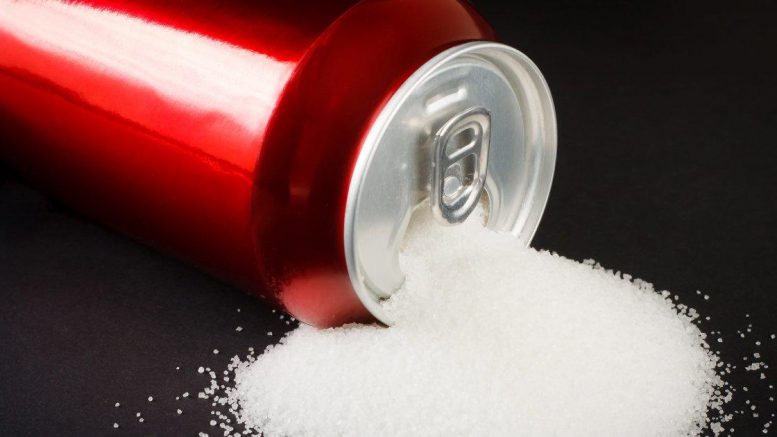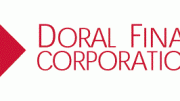Recent findings reported in the Annals of Internal Medicine show that the sugar-sweetened beverage industry has financially backed scientific researchers to discard a link between sugary beverage consumption and metabolic outcomes such as obesity and diabetes.
It is the latest in a series of related scandals to rock the public health world.
This news, coupled with the revelation that two of Harvard University’s most famous nutritionists collaborated with the sugar industry in the 1960s to downplay sugar’s role in coronary heart disease, provides conclusive evidence that the sugary beverage industry has manipulated the scientific process for decades at the expense of the public’s health.
This reprehensible manipulation undermines the credibility of the sugar-sweetened beverage industry’s opposition to recent regulatory initiatives, tax measures, and federal nutritional guidance designed to curb consumption of sugary beverages.
These revelations may do more than reprehensibly undermine credibility. This manipulation may also provide the damning evidence and motivation needed to support the use of another legal tool, long used to help combat major health problems: litigation. Litigation has been largely unsuccessful in holding sugar-sweetened beverage companies accountable to date. But these revelations of industry capture of science could change the game.
It should be noted that there has been a legal pandemic of consumer class action lawsuits against food enterprises in recent years. Many of these lawsuits challenge various food labels as misleading. The popularity of these cases stems in part from the absence of food labeling regulation and enforcement by the U.S. Food and Drug Administration (FDA).
The class actions fill in regulatory gaps for the FDA by bringing actions alleging that various food labels violate state consumer protection laws intended to prohibit deceptive trade practices. Thus, gaps in the regulation of food have given rise to the use of litigation as a legal tool to provide remedy and effect change. In this vein, litigation is viewed by some as both a useful counterpart to government regulation and as a way to propel further regulation.
In the case of sugary beverages, litigation could help transfer the cost of obesity and diabetes back to the manufacturer, rather than to the consumer and the public. Legal theories against sugar-sweetened beverage companies could range from misleading advertisements, deceptive practices, and targeting of children, to serving foods that are dangerous (addictive) beyond the extent ordinarily understood by consumers.
Advocates of using litigation to hold sugar-sweetened beverage companies accountable for their share of the costs of sugary beverage consumption curb the consumption of sugar-sweetened beverages may want to borrow a page from the tobacco litigation of the 1990s.
To be sure, tobacco litigation had an inauspicious start. Despite research linking smoking to cancer, hundreds of lawsuits against tobacco manufacturers from the 1950s to the 1990s were unsuccessful. It was only when litigation focused more on the tobacco industry’s deceptive efforts to hook consumers on addictive cigarettes that tobacco litigation began to achieve success.
The tobacco companies’ knowing deception of consumers became known as the “smoking gun.” It provided evidence that tobacco executives knew the risks associated with cigarettes and did their best to hide those risks and addict their customers.
When this evidence came to light, state attorneys general organized a massive litigation effort amongst the states. It was this litigation effort that finally met with success.
In the late 1990s, 46 states and territories negotiated the Master Settlement Agreement, securing annual payments of several billion dollars in perpetuity as repayment for smoking-related healthcare costs, and four states individually negotiated settlements to recover smoking-related Medicaid costs.
It was this agreement that also resulted in several restrictions on tobacco advertising that have become the new norm in the American landscape.
Naysayers of a big tobacco-style lawsuit against the sugar-sweetened beverage industry point to the lack of a smoking gun showing that the industry knowingly made their products addictive at the expense of public health. The sticking point for using this litigation strategy for sugar is that it is unclear whether the sugar-sweetened beverage industry’s manipulation of scientific research constitutes a smoking gun equivalent to that used in the tobacco litigation.
What is clear is that the industry has not played fair and has short-shifted consumers and public health. It may be that this public malfeasance combined with the mounting non-industry biased evidence that links sugar-sweetened beverages to obesity and diabetes will galvanize attorneys general to exercise their broad powers and authority to act as public advocates to address this serious public health problem.
Finally, the sugar-sweetened beverage industry should also bear in mind that when it comes to litigation, it may win the battle(s), but lose the war. Aside from the question of whether a smoking gun has been or will be found, the litigation problem for sugar-sweetened beverage companies could evolve into a much bigger societal problem turning the tide against these companies, as it did for tobacco.
Please visit the source link below to read the entire article.
Source: www.nydailynews.com




